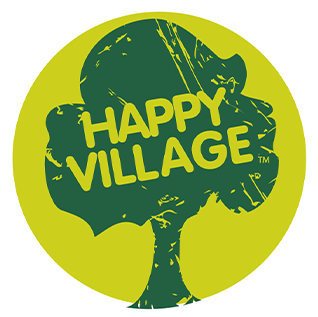The Year 1991..
A time when people in Turkey, both adults and children, were moving away from natural and additive-free foods due to profit-oriented marketing, when fast food advertisements were intensifying on television, and the concept of organic farming was still unfamiliar.
Our founder, Mehmet Ali Işık, foreseeing the potential damages of these unhealthy consumption patterns being imposed in the early 90s, decided to practice organic farming. With this vision, he and his team took on all the challenges of a new initiative and designed Turkey’s first independent company-led organic farming project.
In those years, before the digital age, different regions and villages with suitable natural and climatic conditions for various products were identified on maps drawn on parchment paper. Then, Işık Tarım’s agricultural teams went to each identified village to explain the importance of organic farming, what it is, and how it is done. Farmers gathered in village coffeehouses were given detailed presentations about organic farming and encouraged to practice it. Before farmers could join the project, our agricultural experts examined their lands, and those found suitable were registered in the Happy Village Project. Registered farmers were then given regular training to increase their organic awareness.
However, there was a major challenge. Just like today, Turkey’s land structure was highly fragmented due to inheritance, with fields often small and scattered. When organic farming was practiced in one field without harmful chemicals, but chemicals were used in an adjacent field, they could easily drift into the organic field through the wind. The only solution was to create fully organic villages.
Happy Villages... These could only be achieved by raising awareness among the entire village community. Occasionally, chemical traces were found in products coming to our factory from registered organic farmers. When we investigated, we discovered that other family members, in their innocence, had used chemicals thinking the harvest would be more productive—without the knowledge of the male farmers who had received the initial training. It became clear that training men alone was not enough. Our agricultural experts then gathered women and children in village houses to explain organic farming and its requirements, raising awareness across the whole household. In time, farmers who had been hesitant at first later joined voluntarily when they saw the satisfaction of registered farmers.
Our organic farmers in the Happy Village Project need seasonal workers intensively, especially during harvest periods. To support this, Işık Tarım provides orientation, occupational health and safety, hygiene, and sanitation training to seasonal workers who come to harvest for 1–2 months. The goal is to create workers who feel ownership of the product, and who are conscious and well-trained. Beyond training, we have numerous projects certified under Fair for Life, Certified Fair Trade, and Rainforest Alliance to ensure seasonal workers live and work under fair and good conditions.
Akmağara Project
This project was launched in 2011 as a social initiative to provide more comfortable, clean, healthy, and regular accommodation for seasonal workers of Happy Village producers engaged in organic apricot cultivation in Akmağara village and its surroundings in the Hekimhan district of Malatya province.
For this purpose, the old school building in Akmağara was renovated and transformed into a facility to accommodate 20 people, equipped with toilets and bathrooms. This project not only improved the living conditions of seasonal workers but also helped producers overcome difficulties in finding workers, while taking very important steps in terms of food safety.
The Year 2023...
Today, we have our “Happy Village” with over 175 organic villages and 4,000 registered farmers across six regions of Turkey. Over the past 30 years, we have converted a total of 145 million m² of land to organic farming.
Happy Village is more than just a brand. For us, the products we bring to our consumers are not merely goods, but a reflection of our values, vision, and commitment to healthy living.

